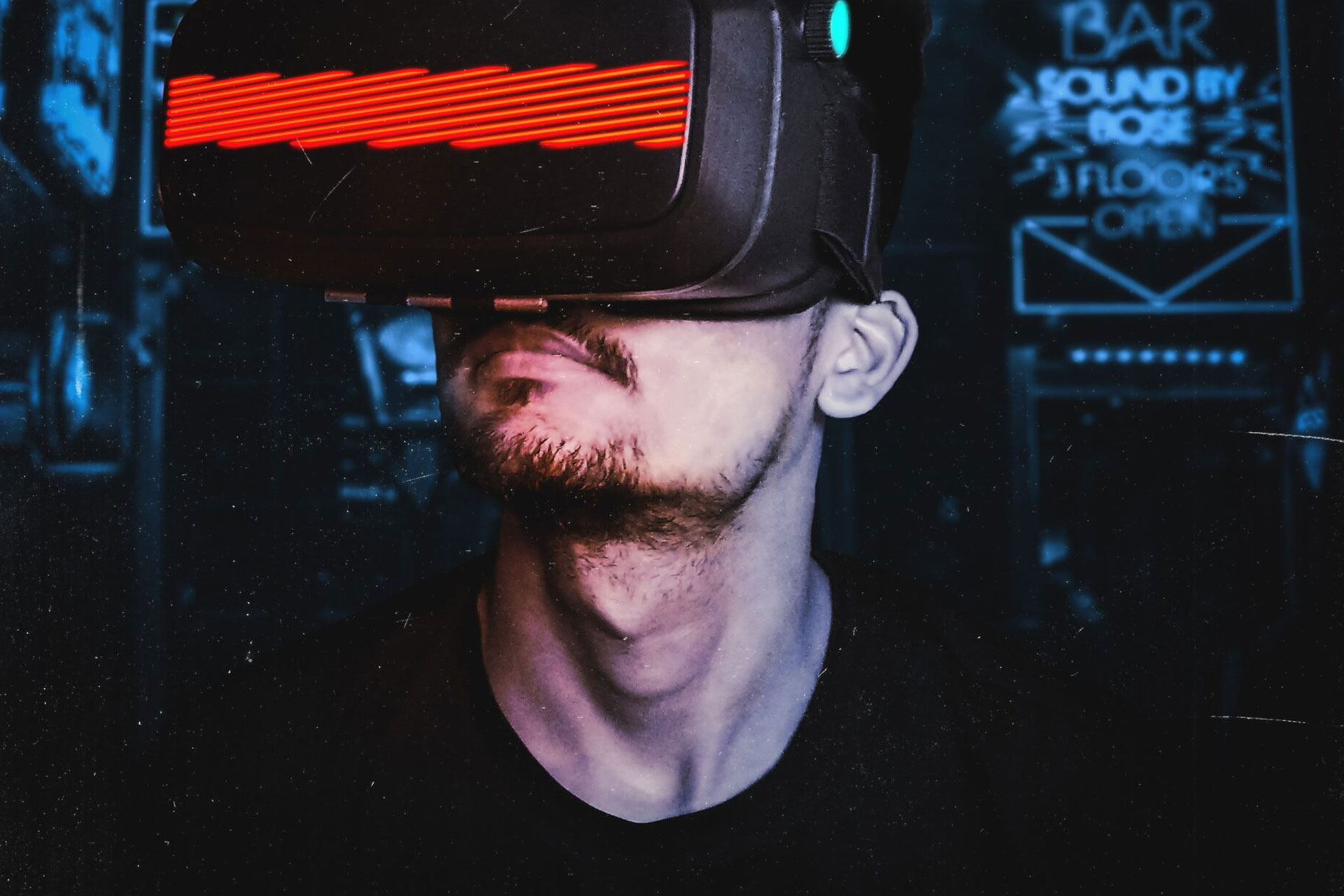Generation Z and the rise of TikTok challenge search engines

By Carol Junqueira
Simplex Marketing & Culture Manager
Social media has triggered one of the biggest disruptive waves in human communications, perhaps only compared to Gutenberg's invention of the printing press. At the time, the possibility of rapid reproduction of books and other content encouraged literacy and stimulated the emergence of schools around the world. The circulation of information took humanity to a new level of knowledge.
It is true that radio and television have also impacted communication processes and the way communicators work. Everyone was forced to adapt to the language of these new media. This was also the case with the emergence of the internet in the late 1980s. The new digital media were disruptive and brought great challenges to communication and communicators. The situation now seems to be a little more challenging.
By giving each individual the power to speak directly to millions of people, social media has broken the entire logic of communication that has prevailed for more than a hundred years, always mediated by the media and centered on a few vehicles.
Even for technologies born in the digital age, such as search engines, which were decisive in making the internet as we know it possible, there is a cloud of uncertainty forming on the horizon caused by social media.
A few days ago, browsing TikTok, the social media typical of generation Z, I came across a post by a user who made the following comment: "Guys, do any of you still use Google to search?"
Hello? What do you mean, "yet"? Is there another tool that is threatening the search giant's lead?
The truth is that, yes, it exists. It is Generation Z, made up of digital natives born in this century, who have become accustomed to seeking information about services and products - no longer in internet searches, or in traditional sources of information. On the contrary, their preference is to get informed based on what other users, who are not always famous, say or give their opinion. For Gen Z, the opinion of those they know, or consider to know, is what counts, whatever it may be. Because influencers work with publis, there is a possibility that the professional may not even really know the product - or not use it. But a person who does not make a living from it would have no reason to lie. So their opinion and experience is valuable.
This is what the user was talking about. For her it made no sense to seek information in any other environment than social media. It's a trend that seems to be coming on strong. This did not go unnoticed by one of the geniuses of SEO and one of the most respected names in the world of digital marketing: Neil Patel. In true TikTok style, Patel recorded a 30-second video in which he suggests that this media, adored by generation Z, has the potential to soon take the lead in searches, precisely because of the behavior of its users.
It is still difficult to measure how this new behavior will impact search engines, but I am sure that the future will be increasingly focused on the quality of content created. And I don't say that thinking about complex and expensive content, but rather about the quality of it regardless of large investments. In a creative and authentic way, it is possible to engage people if the goal is to generate knowledge and not just sell something.
Surely, this new model will pose immense challenges for teams, even more so for SEO teams. We are witnessing a new disruption in search systems. So, is your company ready?


